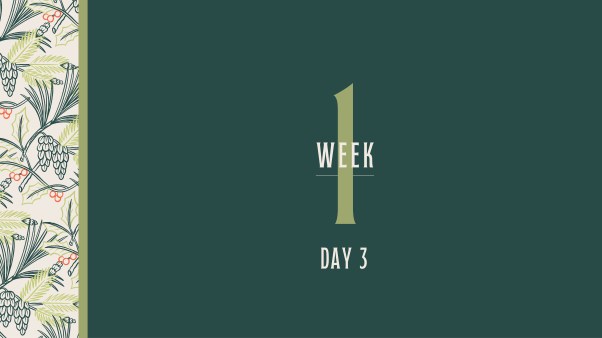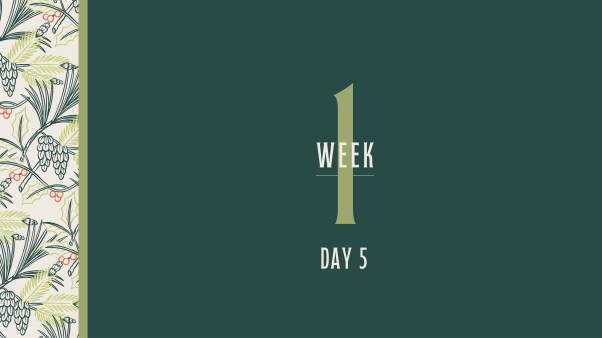Evangelicals are more likely to be divorced than the average American—even Americans who claim no religion.
This unexpected claim comes from an unexpected source: three researchers at Baylor University.
Jerry Park, Joshua Tom, and Brita Andercheck report that about 17 percent of white conservative Protestants and 16 percent of black Protestants are divorced, compared to 14 percent of all Americans.
They point to the research of demographers Jennifer Glass and Philip Levchak, who argue that the evangelical encouragement to marry young and have more babies, along with discouragement to obtain higher education, is to blame. A strong evangelical presence increases divorce rates across the board, Glass reported.
"The common conservative argument that strong religion leads to strong families does not hold up," stated Park, Tom, and Andercheck in their February 4 report for the Council of Contemporary Families.
However, Bradford Wilcox, sociology professor at the University of Virginia and director of the National Marriage Project, disagrees.
"The claim … that religion doesn't help marriage is bunk," he said. "In terms of people being integrated into a religious community—be it Protestant, Catholic, or Jewish—there is a strong correlation between the couple's integration and marital quality."
The key distinction in the data: identity versus practice.
Research has consistently shown that religious self-identification is much less important than actual religious practice, said Wilcox. People who regularly attend church are 35 percent less likely to divorce, he said.
"Lukewarm Christianity is a disaster for family life," said Wilcox. "Nominal conservative Protestants and evangelicals do worse in their marriages than other Americans.… Being a lukewarm Baptist in Arkansas or Kentucky or other Southern states is a big risk factor for family dysfunction."
High divorce rates in Bible Belt states are nothing new, said Scott Stanley, co‑director of the Center for Marital and Family Studies at the University of Denver. Couples in conservative Southern states have trouble staying married for several reasons, some of which are explained in Glass's research, he said.
Getting married young—especially before age 22—is a red flag, but not the only one, said Stanley. "There's evidence that divorce is contagious. When there is more divorce in a community, people are more aware of it, and more likely to pull that cord sooner to bail out on their marriage," he said. He also said that in areas where marriage is honored and encouraged, young couples may be pressured to tie the knot too quickly, setting them up for a later divorce. As young adults wait longer to get married, so do more evangelicals, Stanley said.
In some ways, comparing the marriages of religious Americans to their non-religious counterparts is like comparing apples to oranges, said University of Texas sociology professor Mark Regnerus. "As marriage becomes more of a 'religious thing' in the future, as I think it will, it raises questions about what kind of secular American will marry," he said. "More traditional ones, for sure. So to compare evangelical and nonreligious divorce rates is a little awkward, since the latter are far more apt to delay or avoid marriage in the first place."
The presumption that all groups are equally likely to marry is not true, said Regnerus. "Evangelicals' greatest risk here is marrying before they're ready, out of social pressure, religious reassurances, or the pursuit of legitimate sex. To be sure, that can be dangerous, especially if [they are] not surrounded by adequate sources of social support and social control. Marrying for such reasons is less likely to be the case among some other Americans, including the nonreligious."
What's behind the numbers is difficult to discern, he said.
What is clear is that belonging nominally to a faith group doesn't ensure blessing on your life, said Stanley. "The risk or likelihood of doing well in marriage is more related to how you behave than who you say you are."









